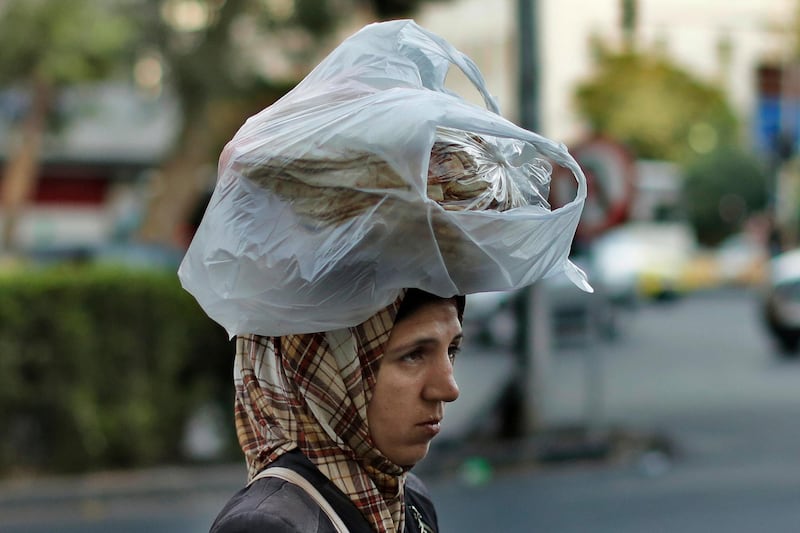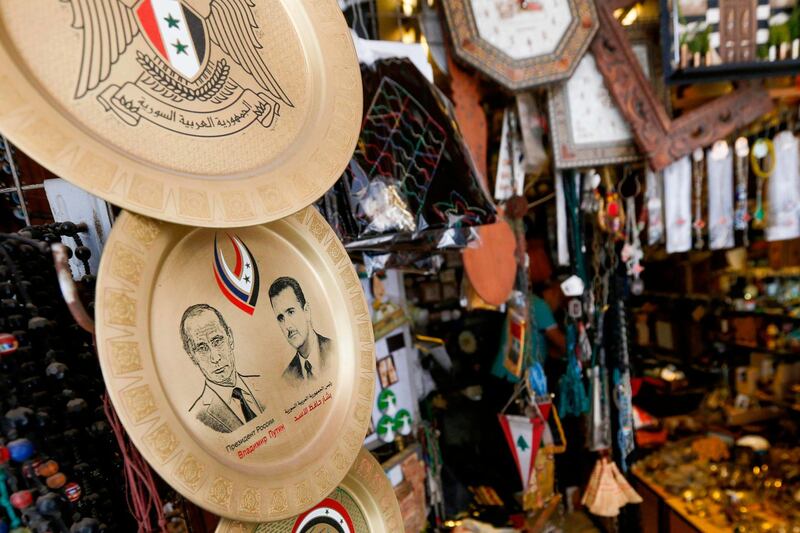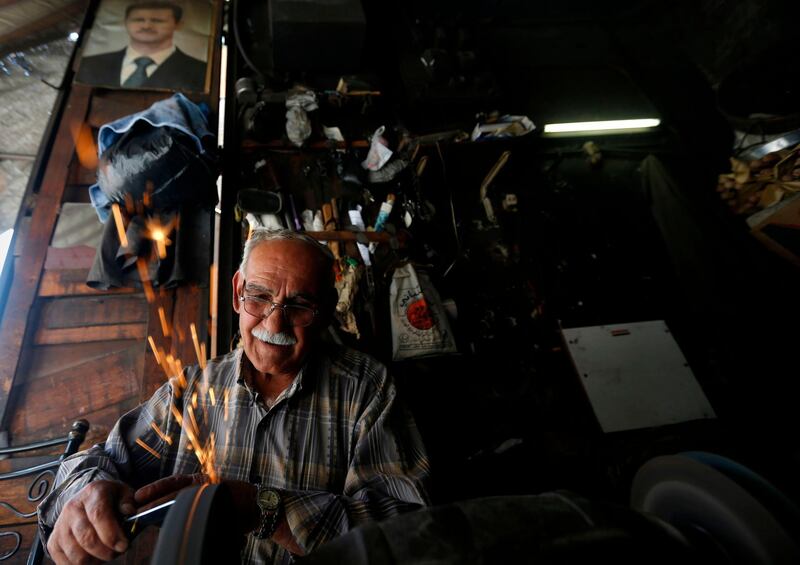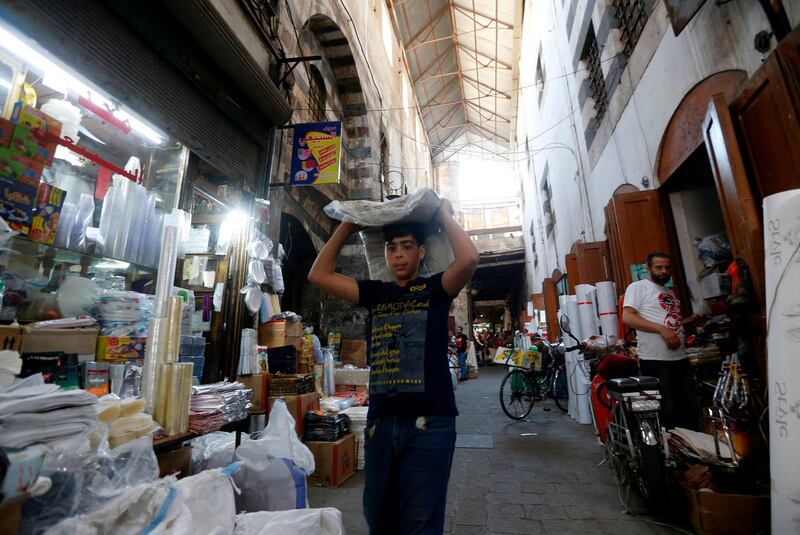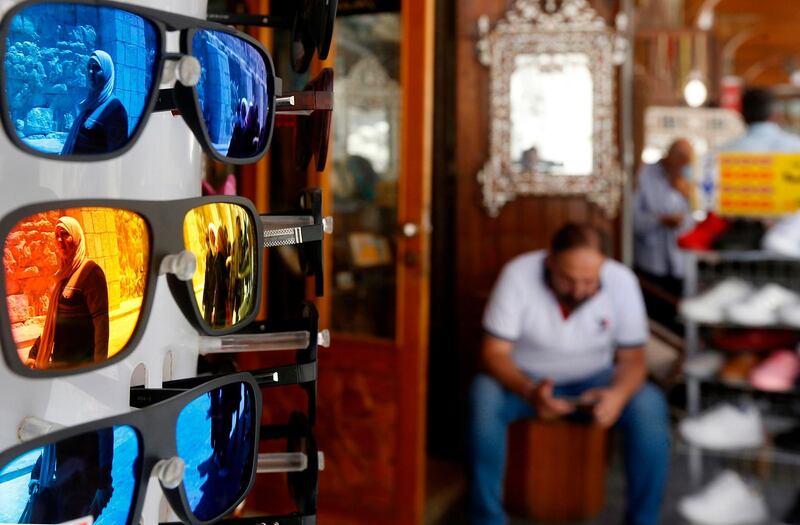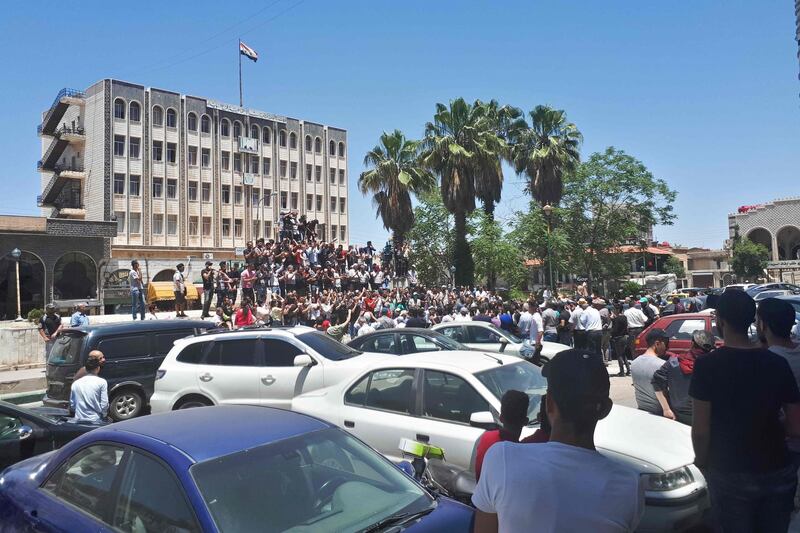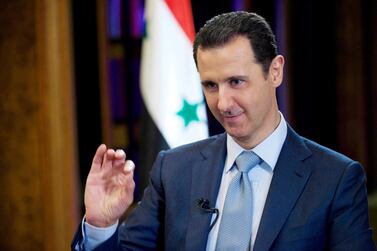New US sanctions imposed on the Syrian regime on Wednesday are set to deal a blow to President Bashar Al Assad’s bid for reconstruction funds after nine years of civil war.
The Caesar Act levies sanctions on those who deal with the Assad government or provide it with “significant financial, material, or technological support” and anyone who supports the regime’s military.
Under secondary sanctions introduced in the legislation, holders of any links to business aiding the regime would risk being penalised.
In the first action under the act, the American government on Wednesday announced the imposition of fresh sanction against Mr Assad, his wife and two surviving siblings, as well as 35 other individuals and entities.
The Caesar Act: New US sanctions on Syria take effect
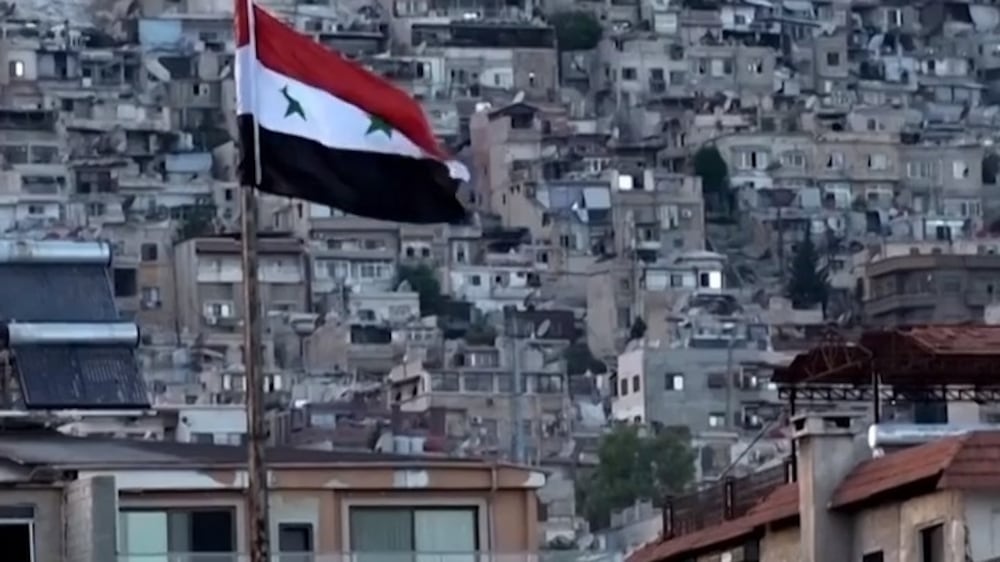
Senior State Department official Brian Hook described the 39 names as "the first wave".
Mr Hook told an online debate organised by the Beirut Institute that people "who engage in transactions" with the 39 individuals "are at risk of being cut off from the global financial system and they find themselves on a backlist".
The act puts a solid halt on hopes Syrian officials had of international financial assistance for rebuilding the country to be channelled to the Assad government, despite the continuation of the conflict.
They even signalled that the priority of rebuilding projects would go to Alawite regions and areas inhabited by other minorities, the crux of President Bashar Al Assad’s support, hit by an ongoing collapse in the currency.
China has been the only business power that specifically committed to help the regime recover economically, citing transport and other infrastructure projects aligned with its “Belt and Road” politico-infrastructure plans on several continents.
But representatives of Chinese companies have made it clear to the regime in the last few years that they would need to balance Beijing's pro-Assad posture with the risk of running afoul of the Caesar Act, a Syrian businessman supportive of the president told The National.
Beijing’s position is in line with Russia, which intervened militarily in the country in 2015 to prop up the Alawite-dominated regime. Just a year after the intervention, the first draft of the Caesar Act was released.
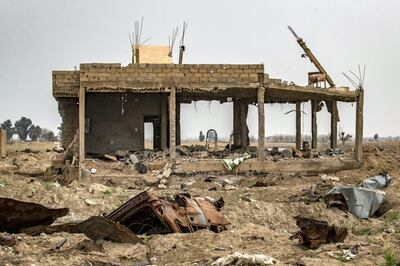
“Syria is a very small market compared with what they could lose in the US,” said the businessman, who had met Chinese counterparts in Damascus.
He pointed to Huawei, already forced in late 2018 to curtail its operations in regime areas after complications linked to the aftershocks of renewed US sanctions on Iran and the arrest in Canada of Meng Wanzhou, the Chinese telecom conglomerate’s chief financial officer.
Regional bankers say actual Chinese cash flow to the regime in Damascus has been negligible in the four years since the Caesar Act was drafted. The bill is due to come into effect today.
Businesses across the region, particularly in Lebanon, where bankers say a significant proportion of the regime’s front men live, are waiting to see how the US executive branch will implement the bill.
A sectorial component of Caesar Act could also place most of the construction, oil and air transport components of the economy in regime areas under sanctions.
The Syrian authorities have been expecting reconstruction flows from China, and to a lesser degree from Russia, to help reverse a collapse in the currency that accelerated in the past few weeks.
Such a scenario has become even less likely after the Caesar Act, three Arab bankers The National spoke to said.
One banker said that he stopped his regular business trips to Damascus ahead of the law, officially named the Caesar Syria Civilian Protection Act.
“This regime has been pariah for decades, but this time even dealing with the Syrian central bank could entail a huge risk,” he said.
Data from currency monitor Syrian Pound Today shows the pound trading at 3,000 pounds to the dollar, compared with 1,400 pounds at the beginning of June.
The currency was 50 pounds to the dollar at the outbreak of the Syrian revolt against five decades of Assad family rule in March 2011.
Bankers say although sanctions by the EU and the US contributed to the collapse, the main factors behind the decline have been structural. Among them the Syrian pound money printing running loose and reliance in regime areas on Lebanon’s financial system, now in meltdown, for hard currency.
Deteriorating economic conditions in regime areas prompted demonstrations this month demanding the removal of Mr Al Assad by mainly young people in the Druze-majority province of Suweida.
Syria's civil war, a decade of decay
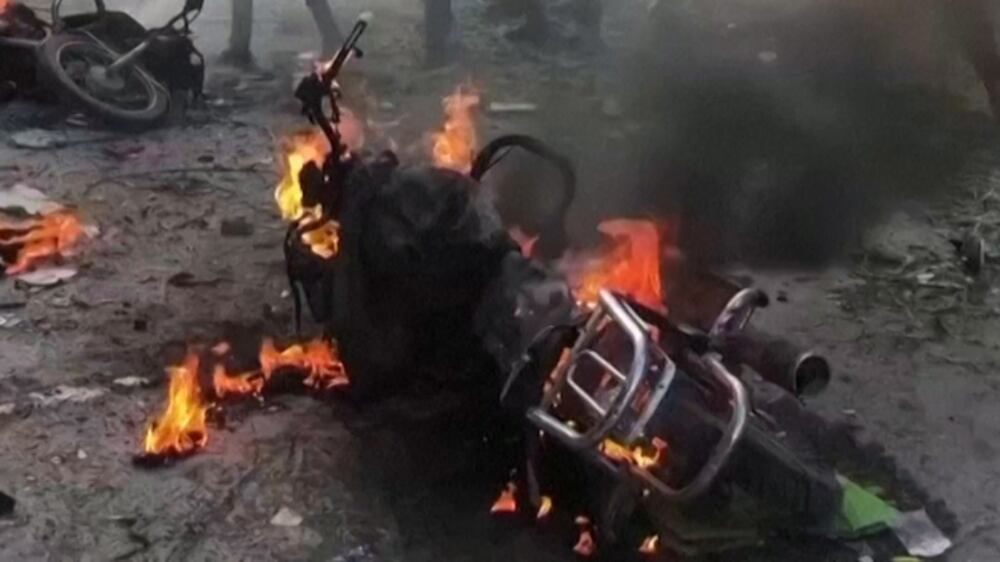
The regime waited more than a week before using violence and arrests to break-up the sporadic demonstrations.
The timeframe indicates a possible quandary facing the iron-fisted regime on how to deal with resentment against the president from within communities the authorities consider loyalist.
The drafters of the Caesar Act said it is designed to lessen the level of impunity with which Russia and Iran support the regime’s military machine and security apparatus.
The bill refers specifically to the photographer Caesar, the codename for a defector from Mr Al Assad’s military.
Caesar’s photos, international human rights organisations say, documented the killing of thousands of political prisoners in Mr Al Assad’s jails. The photos were made public in 2014.
The crackdown on the 2011 revolt and lack of adherence in the aftermath to international rules of war, particularly by the regime, which overwhelmingly possesses the most firepower, killed and made disappear countless of civilians, Syrian rights advocates and international human rights organisations say.
Most of the civilians who perished were Sunnis, the backbone of Syria’s intelligentsia and professional classes, as well as the reservoir of the country’s skilled labour, needed for any reconstruction.
China and Russia both denounced the act this week, with UN ambassador Zhang Jun saying the new sanctions are “inhumane”.
While ordinary Syrians are expected to be further denied access to legitimate channels in the global financial system, the regime has relied for decades on a network of business enablers in neighbouring Lebanon.
A lawyer based in Damascus told The National that many of the regime's front men in Lebanon had developed sophisticated substructures around the world since the 1980s to hide money they store on behalf of the Assad family.
“The Lebanese have been playing this game for a long time, and Iran and Russia are both already subject to US sanctions,” the lawyer said.
“Chinese companies are more serious business players,” he said. “From what I can see from their presence here, they do not relish a challenge with the US.”
